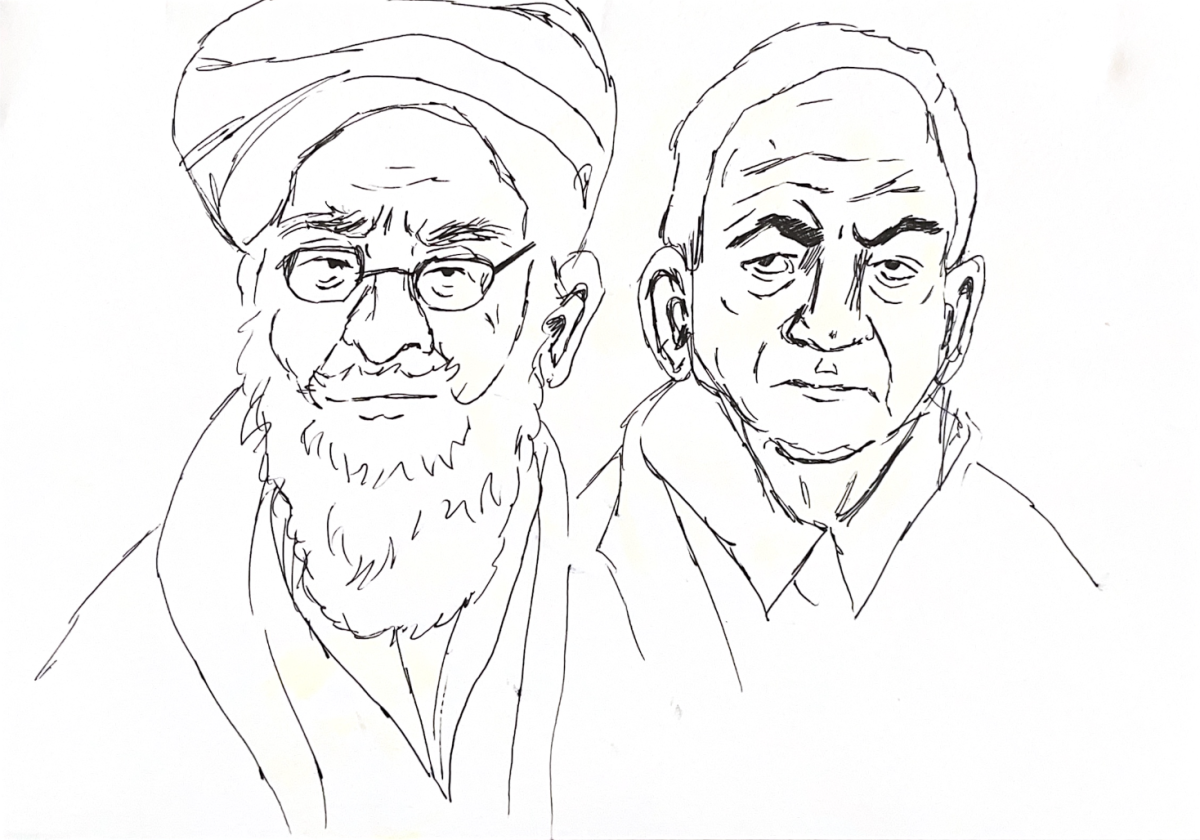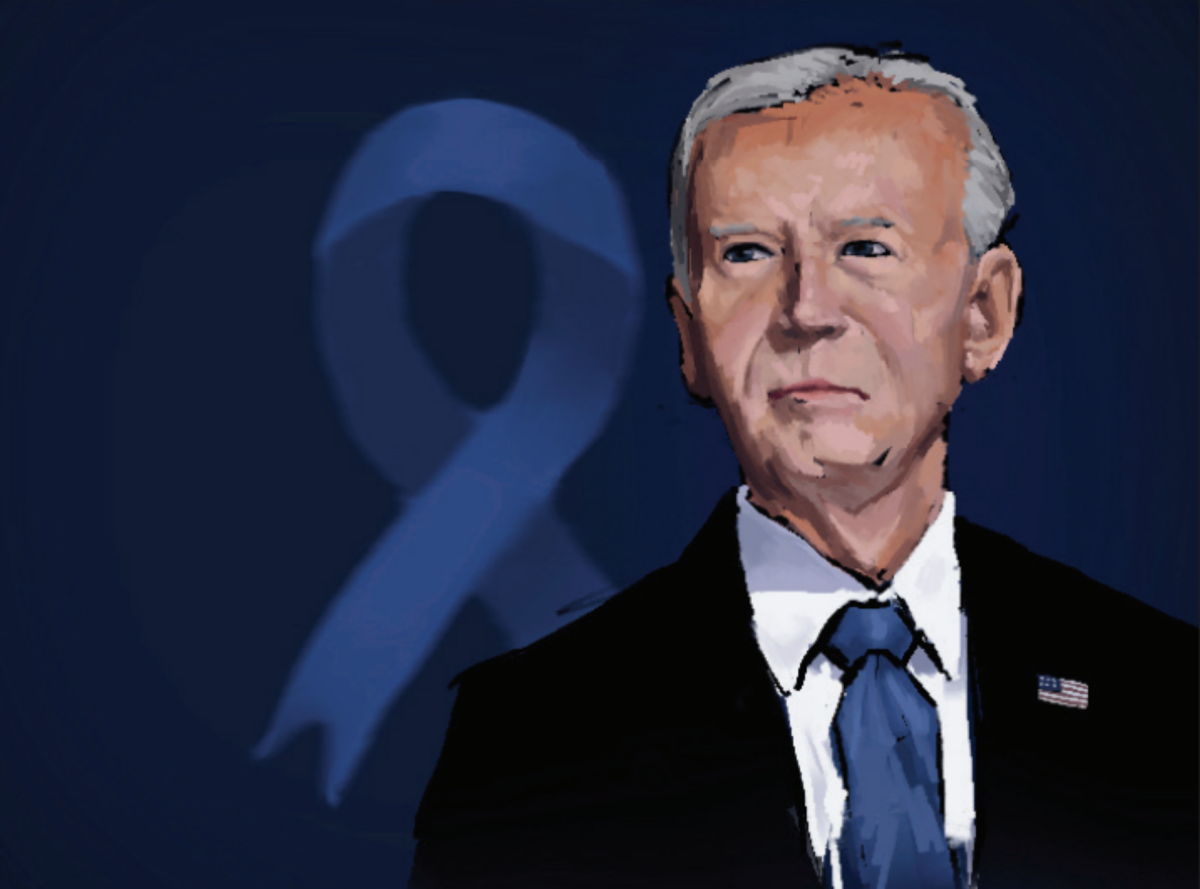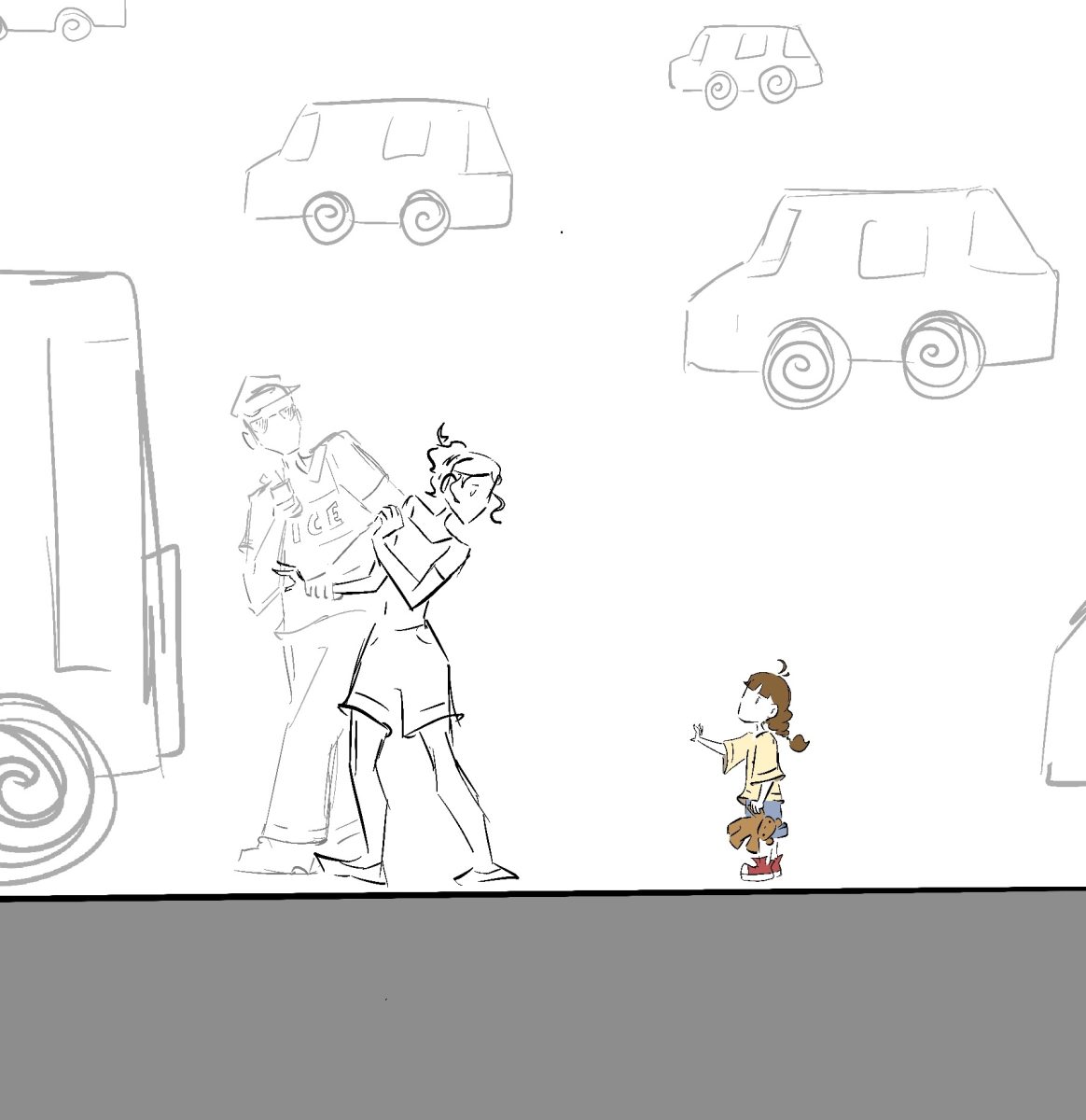On July 27, 2024, a rocket identified by Israel as originating from Hezbollah, a terrorist group in Lebanon, struck a soccer field in the Golan Heights, a northern area of Israel, killing twelve children. On July 31, Israel attacked Dahieh, a neighborhood inside Beirut known as a Hezbollah stronghold, and also targeted Tehran, the Iranian capital, in response to the attack. In addition to killing Ismail Haniyeh, the political leader of Hamas, the Lebanese Health Ministry noted that “at least five civilians—two children and three women—died in the strike in a busy neighborhood where Hezbollah has political and security operations.” Following Haniyeh’s death, Ayatollah Ali Khamenei, Iran’s supreme leader, publicly declared, “You killed our dear guest in our house and now have paved the way for your harsh punishment.”
Despite an overwhelming majority of Israelis calling for a ceasefire and the return of hostages still in Gaza, heightened by the fear created after six hostages were found dead in Gaza, the war continues to rage on with increasing intensity (AP, 2024). Since the Israeli attack, Hezbollah has retaliated by launching more rockets at Israel, targeting military and intelligence sites. In response, Israel quickly struck back against Hezbollah, marking the largest conflict between the two since their war 18 years ago.
To worsen the situation in the Middle East, the Taliban in Afghanistan has taken advantage of the country’s political instability. After the United State’s withdrawal, the Taliban has risen back into power, creating new laws stripping citizens of their previous rights and freedoms. These laws include requiring women to cover their faces, mandating men to grow beards, and silencing women’s voices in public spaces.
With the death toll in Gaza reaching over 40,000 people, the rights of women being stripped away in Afghanistan, and Israel being targeted by multiple terrorist organizations intent on its dissolution, the situation in the Middle East seems dire (Shurafa & Frankel, 2024). Jean-Pierre Lacroix, the UN Under-Secretary-General for Peace Operations, has commented on the situation, stating, “the risk of escalation remains very, very serious.”
There is no positive result stemming from a war in the Middle East. If Israel and Lebanon start fighting, Beirut, a city of 2.4 million people—larger than the entire population of Gaza—will be at great risk, and the death toll could far exceed the current number in Gaza. The idea of mutually assured destruction, a concept that prevented conflict between the US and USSR during the Cold War, could play a similar role in the Middle East.
Things may have to get worse before they get better, but that does not mean millions more must die in the process. Every person in the Middle East—Israeli, Palestinian, Iranian, Lebanese, Afghan, man, woman, child, and adult—deserves the right to feel safe, to have access to food and healthcare, and to live without constant fear.
This article also appears in our September 2024 edition.








